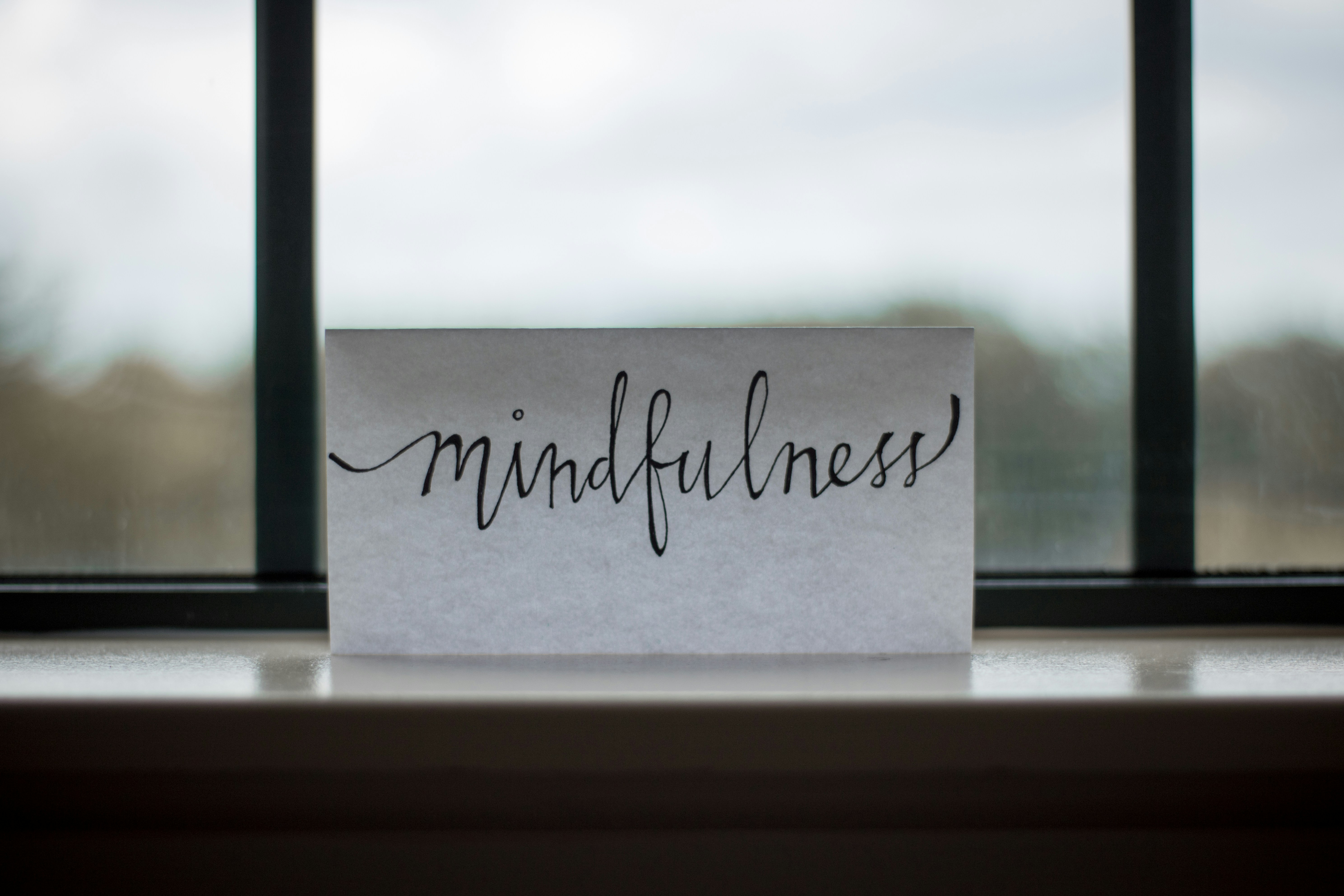Navigating the Soul: The Relationship Between Inner Peace and External Beliefs
October 25, 2024 | by rahulpcs.35@gmail.com
 Photo by Lesly Juarez on Unsplash
Photo by Lesly Juarez on Unsplash The Essence of Inner Peace in Spiritual Practice
Inner peace is often regarded as a cornerstone of various spiritual traditions, transcending cultural boundaries and belief systems. It is defined as a state of mental and emotional tranquility that enables individuals to navigate life’s challenges with grace and resilience. From Buddhism to Christianity, the quest for inner peace is manifested in numerous ways, indicating its universal importance in spiritual growth.
In Buddhist practice, for instance, inner peace is cultivated through mindfulness and meditation techniques. Mindfulness encourages individuals to remain present and aware of their thoughts and emotions without judgment. This practice allows for the release of anxiety and stress, facilitating a deep sense of tranquility. Similarly, yoga, which draws upon both mindfulness and physical postures, aims to harmonize the body and mind, fostering inner calm and self-awareness.
Christianity, on the other hand, emphasizes inner peace as a gift from divine connection and faith. Engaging in prayer and contemplation forms the basis for achieving this peace, providing believers with solace in turbulent times. Scriptures often highlight the importance of surrendering one’s worries to a higher power, thus facilitating a state of calm amidst external chaos.
The emotional and psychological benefits of attaining inner tranquility are significant. Individuals who embrace practices designed to cultivate inner peace often report a reduction in stress levels, heightened emotional stability, and improved overall mental health. Personal testimonies reveal transformative journeys, where spiritual practices have led to profound changes in individuals’ emotional landscapes, enabling them to face life’s adversities with newfound strength.
The integration of mindfulness and meditation into daily life serves as a bridge toward achieving this profound state of peace. Numerous spiritual paths record the experiences of individuals who have successfully embraced these techniques, illustrating the powerful impact of inner peace on their overall well-being. Therefore, exploring the essence of inner peace within spiritual practices unveils a deeper understanding of its vital role in fostering a fulfilled and balanced life.
The Influence of External Beliefs on Personal Spirituality
External belief systems, encompassing organized religion and cultural traditions, play a pivotal role in shaping personal spirituality. These frameworks can provide a foundation on which individuals build their spiritual identities, often offering essential communal support. For many, belonging to a faith community creates a sense of connection and shared purpose, which can significantly enhance their pursuit of inner peace. The rituals and teachings associated with established beliefs can facilitate personal growth and give individuals a broader perspective on their spiritual journeys.
However, it is important to recognize that external beliefs can also pose barriers to personal spirituality. Conflicting ideologies or dogmatic interpretations may lead to feelings of isolation and dissonance. Individuals navigating rigid belief systems might struggle to express their unique spiritual needs, resulting in an inner conflict that can hinder their ability to attain peace. In essence, the challenge lies in harmonizing external influences with one’s internal beliefs. This balance can be difficult to achieve, particularly when societal pressures and expectations clash with personal ideals.
Various perspectives exist regarding the reconciliation of external beliefs and personal spirituality. Some embrace a syncretic approach, blending different faiths and practices to align more closely with their individual spiritual paths. Others may choose to distance themselves from organized belief systems altogether, seeking personal spirituality in solitude. Case studies reveal a spectrum of experiences, showcasing individuals who have successfully integrated external beliefs to enhance their understanding of spirituality while others who have grappled with the consequences of conflicting ideologies.
Ultimately, the relationship between external beliefs and personal spirituality is a complex interplay. By examining one’s connections to external systems, individuals can work towards greater inner peace, allowing their unique spiritual expressions to flourish in a society filled with diverse perspectives.
RELATED POSTS
View all
